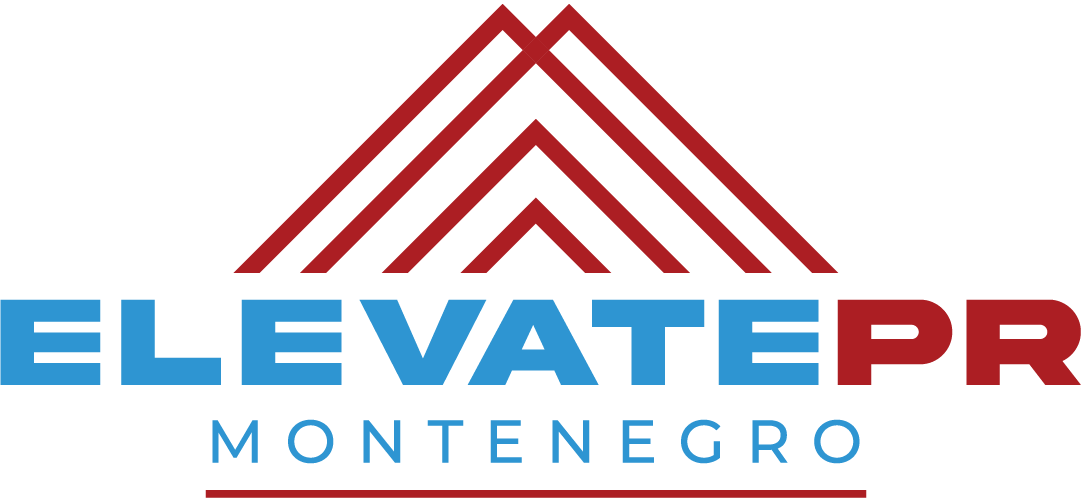Montenegro’s future within the European Union is more than a political destination—it is a commercial transformation. As the country aligns with the EU single market, harmonises regulations, and strengthens its fiscal and trade governance, it is becoming an increasingly important gateway economy for the Western Balkans region.
While Montenegro’s internal market is small, its strategic trade position is powerful. It sits at the intersection of three economic spaces:
- The future EU single market (full membership expected in the coming years)
- The CEFTA regional trade zone (Western Balkans)
- Euro-priced commercial environment
This unique position enables Montenegro to operate as a franchise, distribution, and trading hub, allowing companies to import EU-standard goods and services, then distribute or franchise them across Serbia, Bosnia & Herzegovina, Kosovo, Albania, and North Macedonia—markets with a combined 20 million consumers.
Why Montenegro is emerging as a regional franchise gateway
1. EU acquis alignment = Standardisation of products & processes
Franchises and importers require:
- uniform regulations
- predictable certifications
- stable pricing
- strong IP protection
- transparent customs systems
As Montenegro aligns its laws and regulations with the EU acquis, it naturally becomes a go-to staging ground for regional expansion.
2. Euro-based pricing = Stability
Montenegro is the only Western Balkan economy fully priced in EUR. For franchise owners, FMCG distributors, and equipment suppliers, this eliminates:
- FX volatility
- pricing distortions
- hedging costs
It also makes Montenegro attractive for regional HQ or holding-company structures.
3. Port of Bar + logistics corridors
The Port of Bar gives Montenegro a maritime advantage that Serbia, Kosovo, and North Macedonia cannot replicate.
Traditionally underutilized, Bar is now seeing interest in:
- container logistics
- bonded warehousing
- regional distribution centres
- EU-standard cold chains
With EU membership, customs alignment transforms Bar into a Mediterranean access point to the Balkans.
4. Market credibility
EU alignment reduces risk perceptions, attracting:
- franchise brands
- FMCG companies
- pharma distributors
- electronics and appliance importers
- car dealerships
- IT vendors
These companies see Montenegro as a business-simplified environment compared to more administratively complex neighbours.
Sector-by-sector: Where Montenegro can lead in WB6 trade
A) FMCG & retail distribution
Montenegro already imports high volumes of EU goods.
Once it is fully aligned with EU trade systems, it can:
- host distribution centres
- serve as a franchising HQ
- manage multi-country stock flows
Brands operating from Podgorica, Budva or Bar will be able to service Belgrade, Sarajevo and Skopje more easily than before.
B) Automotive, EV & mobility
EV infrastructure harmonised with EU rules gives Montenegro:
- early-mover advantage in Balkan EV distribution
- regulatory alignment for EU-certified EVs
- simplified homologation for cars, chargers, components
Serbia and BiH markets are large—Montenegro can be the entrypoint supplier.
C) Fashion, food chains & entertainment franchises
EU-compliant food safety and consumer-protection standards create a smooth path for:
- restaurant chains
- coffee chains
- apparel and footwear franchises
- health & beauty brands
- leisure and entertainment operators
Montenegro is a low-risk test environment before expanding to Serbia and Bosnia.
D) Medical devices & pharmaceuticals
Montenegro’s alignment with EU health and pharma regulations will allow:
- pre-EU entry distribution
- import/exchange of certified devices
- regional pharmaceutical logistics
- clinical-service alignment with EU directives
This gives Montenegro a differentiated role in health-sector supply chains.
E) ICT hardware, consumer electronics & office equipment
EU-compatible import rules + port logistics =
→ a regional electronics distribution hub, feeding:
- Serbia
- Bosnia
- Kosovo
- North Macedonia
Why Western Balkan companies will use Montenegro as their EU access point
1. Regulatory predictability
Companies based in Serbia or BiH will often choose to register:
- a daughter company
- a logistics branch
- a franchising vehicle in Montenegro
Because the business environment is more predictable as EU alignment progresses.
2. Finance & corporate services
Montenegro is becoming a micro-hub for:
- accounting,
- compliance,
- cross-border finance,
- operational support.
This supports regional companies wanting EU-standard reporting.
3. Regional talent pools
Montenegro attracts workforce from:
- Serbia
- Bosnia
- Albania
- Kosovo
This supports multi-country operations.
The strategic future: Montenegro as a Balkan “Commercial Platform State”
Within the EU framework, Montenegro can operate like:
- Cyprus for the Eastern Mediterranean,
- Luxembourg for Benelux,
- Malta for North Africa,
- Estonia for the Baltic digital region.
Small size = agility.
EU accession = credibility.
Port access = geographic advantage.
Euro pricing = financial stability.
CEFTA membership = 20-million-person market.
Montenegro’s future economy is not limited to beaches and apartments.
It is a regional commercial platform whose influence will expand across the Western Balkans.
Elevated by www.mercosur.me


